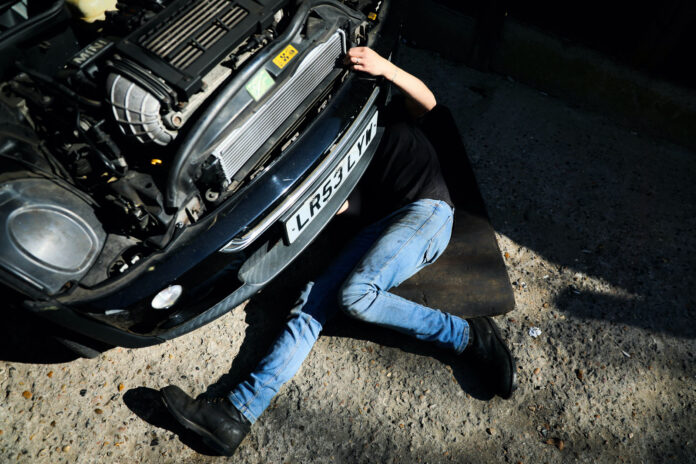“You can see, just for a windscreen replacement, the complexity goes up, and the number of parts required and the skill that’s required, all of that. Do that for headlights, do that for radars and the amount of parts that logistics companies have to carry goes up massively.”
On top of this, suggested Townsend, car makers are no longer stocking a large surplus of spare parts, due to various factors affecting their finances.
“The biggest pain point for the incumbent vehicle manufacturers is cash flow,” he said. “Because of the challenges coming from the likes of China and with [import] tariffs in America, Dieselgate, electrification and all of this, they simply don’t have the cash flow to have millions of pounds sitting in stock.
“They’re having to reduce their stock holdings across Europe that would traditionally have supplied the market, because they simply can’t afford to have millions of pounds sitting in a warehouse not doing anything.”
This point is particularly pertinent at a time when the market is demanding broader choice, explained Townsend, because with each type of powertrain comes a different assortment of parts, dramatically increasing the cost of keeping a healthy supply of spares.
He said: “If we were all buying electric vehicles, the problem would go away, because they would just move from one [powertrain type] to another. But the market isn’t quite ready, so manufacturers have to serve the market by producing plug-in hybrids, normal hybrids, electric variants etc. So it’s hugely complex at a time when manufacturers are cash-constrained.”
The wait times also put pressure on insurers to declare crashed cars a total loss when they have suffered only minor damage, explained Townsend. This is because the cost of a courtesy car may outweigh the value of a repair if the part will take weeks or months to arrive.
He said: “We had an incident with an EV in the middle of 2023. Somebody bought an EV brand new in July for £35,000. Then it suffered a third-party hit. The door and the wing mirror were damaged. The vehicle manufacturer couldn’t provide a lead time [for a replacement mirror], so that car was written off for a wing mirror.”
